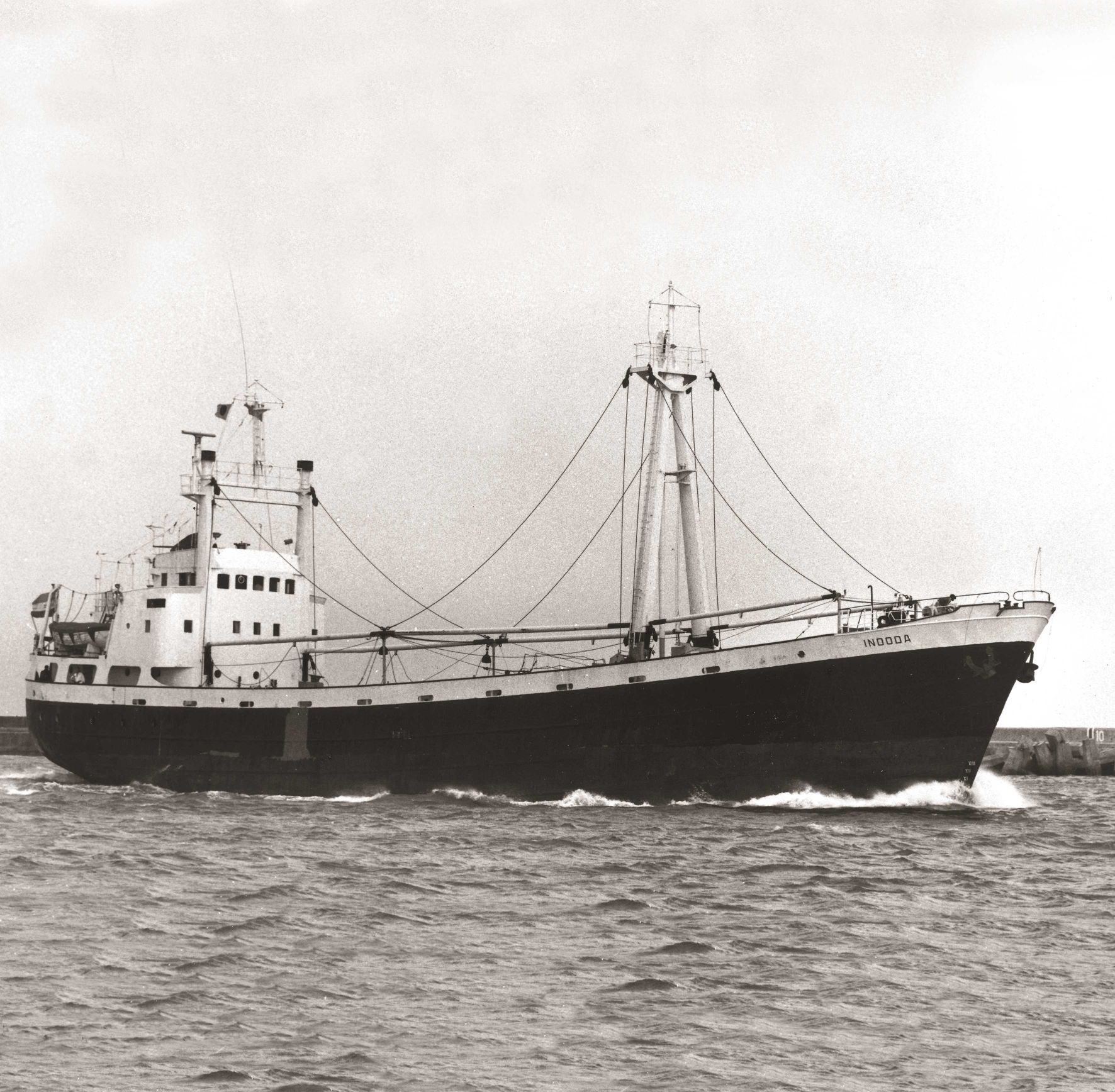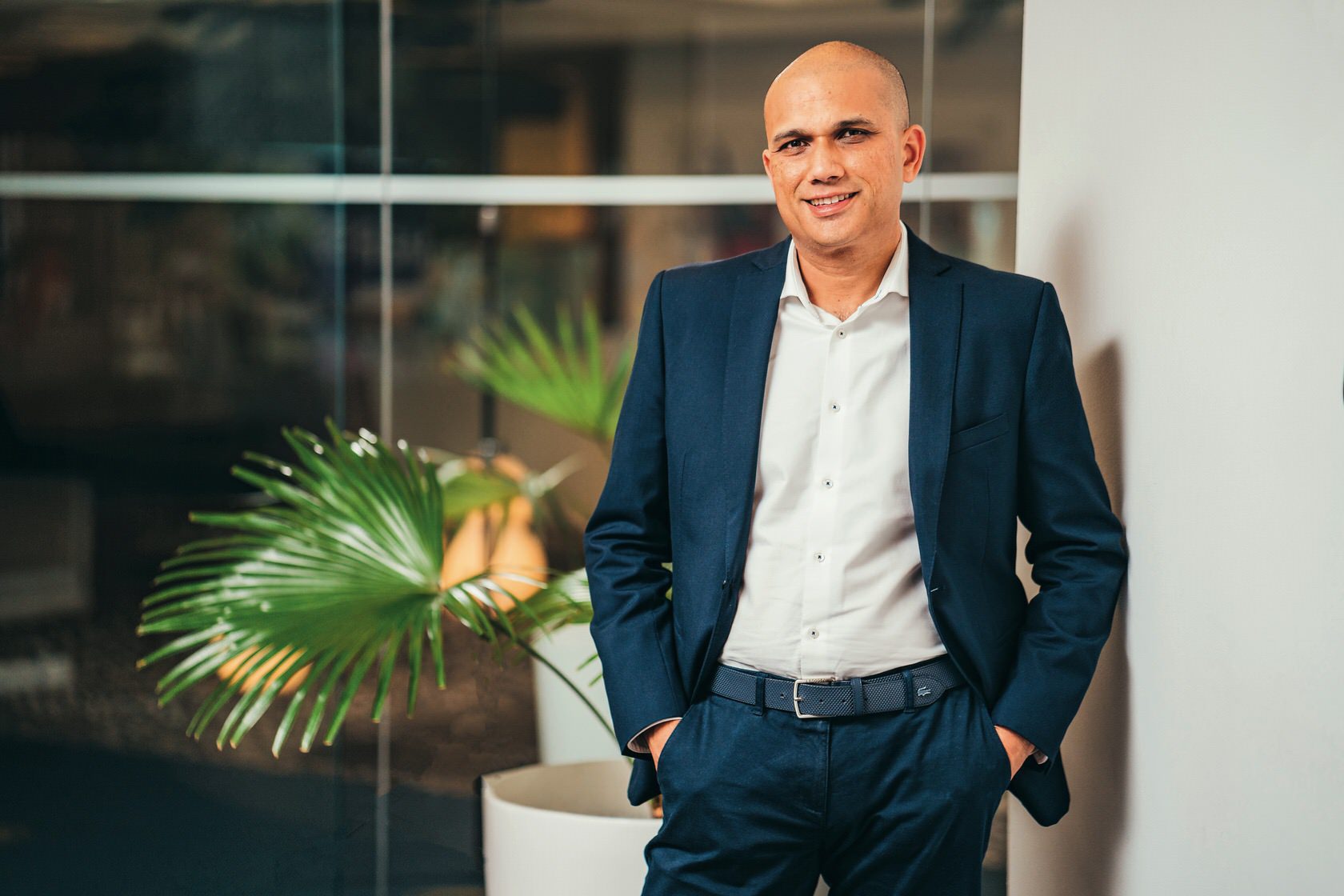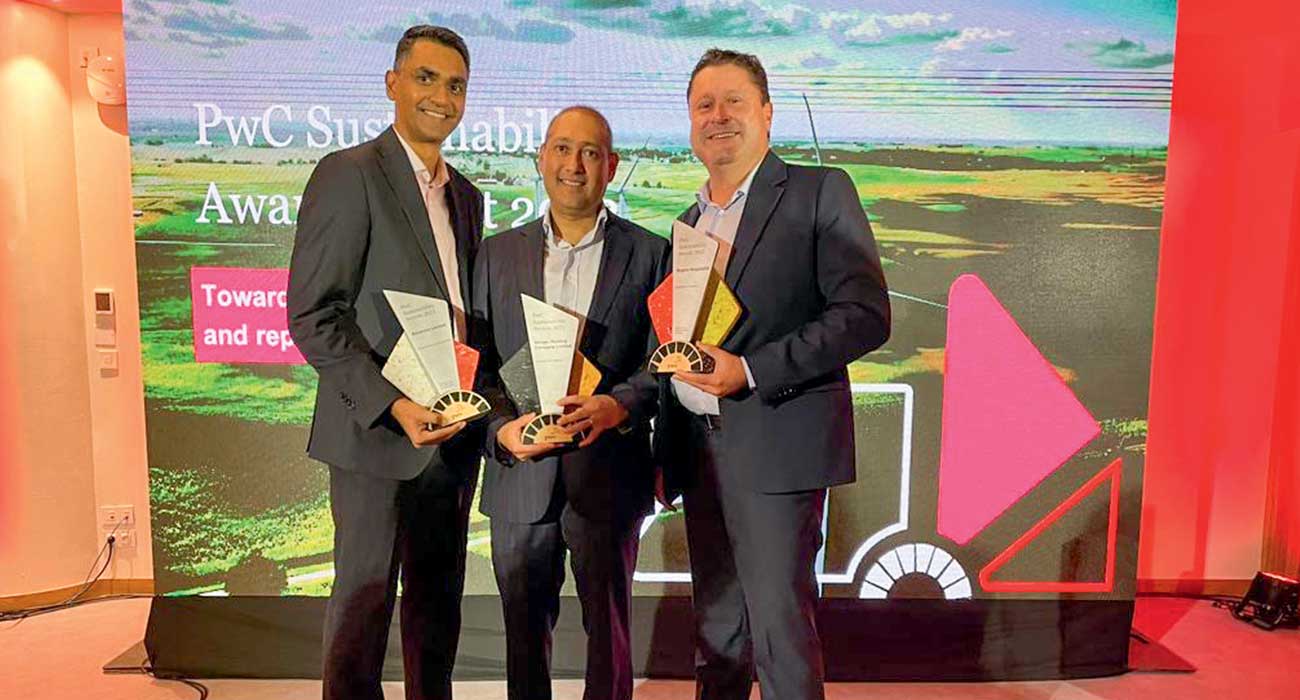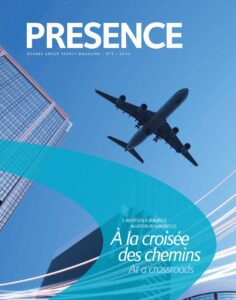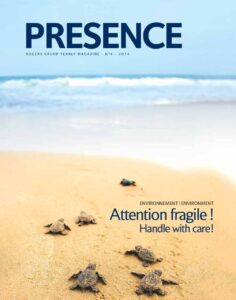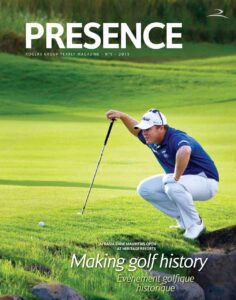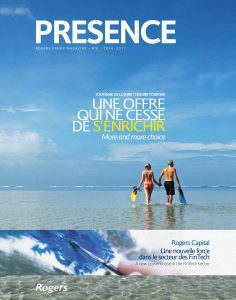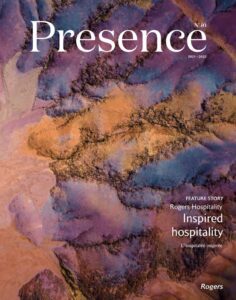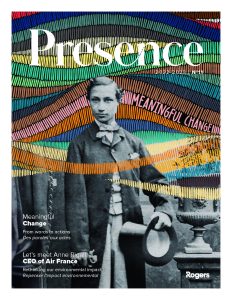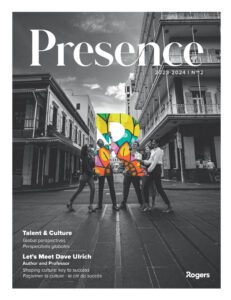Rogers has been actively involved in the shipping industry since its foundation in 1899, at a time when sea transport was the only means connecting Mauritius with the outside world. The company has recently renewed its ties with a long-time partner, the South African shipping and logistics group Grindrod, through the acquisition of a controlling interest in Island Trading and Shipping Pte Ltd in Singapore.
photos : tnt image bank | atipik ltd
The relationship with Grindrod goes all the way back to 1960 through Rogers’ shipping agency activity. “Our shipping subsidiary, African Coasters, started a regular liner service between South Africa and Mauritius and Reunion. Prior to that date, Rogers had acted as agents for casual and occasional calls by African Coasters’ vessels at Port Louis, so the two companies did know each other,” recalls Murray Grindrod, the former Chairman of the South African shipping and logistics group.
In 1960, the routes of African Coasters (which was later renamed Unicorn Shipping) were confined to the coastal range of ports between Durban and Cape Town but options to extend the routes were being considered. “So when Leo Raphaely & Co – export agents in Johannesburg – offered the company a cargo of
2,500 tonnes of bagged cement from Cape Town to Port Louis, it seemed like a good opportunity to undertake a first voyage to the Indian Ocean islands,” he adds. “There was a quantity of general cargo moving from South Africa but it was being picked up by British lines en route to the islands from the UK and the Continent. They were certainly not interested in loading cement at the conference rate, which, if memory serves me correctly, was five rands per ton.”
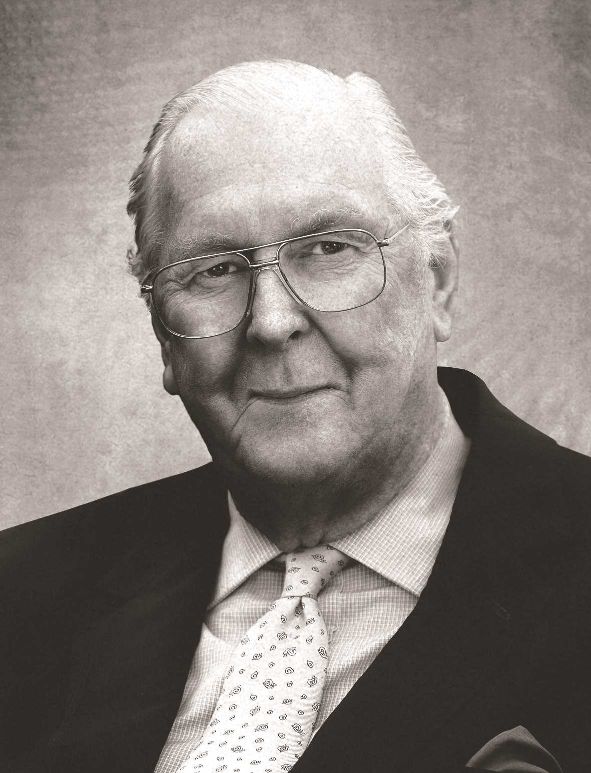
The cement market in Mauritius was then about 100,000 tons a year entirely supplied by Bamburi Cement
ex Mombasa. “They had built a vessel to carry the cement in bulk and, with Rogers and others, had built a bulk cement silo in Port Louis. I decided to visit the vessel, SS Barrier, when she arrived in Port Louis, as did representatives of Cape Portland Cement, Ken Wood and Bob Dunn. The importer was Ebrahim Dawood and Co and it was soon apparent that we had caused a certain amount of anxiety in the cement cartel of which Rogers was a leading member and also our agent,” recounts Mr Grindrod.
The late Sir René (Colo) Maingard de la Ville-ès-Offrans, one of the key figures in Rogers at the time, made a valuable contribution to resolving the issue. “After I had met Colo Maingard and rounds of meetings had been held with the other interested parties, an elegant solution was arrived at whereby Cape Portland Cement was given a quota of 20,000 tons per annum in the cement cartel, African Coasters secured a base cargo of about 1,500 tons per voyage at an improved rate, Rogers retained the agency and a regular liner service was commenced,” adds Mr Grindrod, who subsequently became a good friend of Sir René and visited Mauritius on a number of occasions.
At the time, shipping services to the Indian Ocean islands were vital to their economies, especially for moving major cargoes such as fuel, steel and consumer goods. The return voyages, however, were not as profitable as trade was largely one-way. Although this brought a number of shipping ventures to a halt over the years, Unicorn managed to sustain their island services over a relatively long period, largely because of the partnerships formed by the wider Grindrod group with island companies like Rogers, thus benefitting from local expertise and business networks.
In 1974, Rogers purchased a 128-metre general cargo vessel, which had been built in Honk Kong in 1962 as Kweilin, and renamed her MV Rogers Trader. She was fully manned with a Mauritian crew and was chartered out to Unicorn, which operated her in the Indian Ocean region for the transport of general cargo, steel billets, livestock (cattle & race horses) and reefer (refrigerated products), and carried 10 passengers on the round trip.
Besides her conventional holds, MV Rogers Trader had special tanks for vegetable oils that she brought to Durban for discharge directly into the shoreline tanks of Lever Brothers (now Unilever), whose factory at Maydon Wharf manufactured a wide range of soaps and other toiletries.
This liner service continued in different forms until 1982 when the vessel was sold, passing container ships being too competitive in terms of frequency, transit and reliability. Rogers continued to act as agents for Unicorn in Port Louis until 1994 when the latter and Delmas (Unidel) pooled their vessels together for the trans-Indian Ocean service.
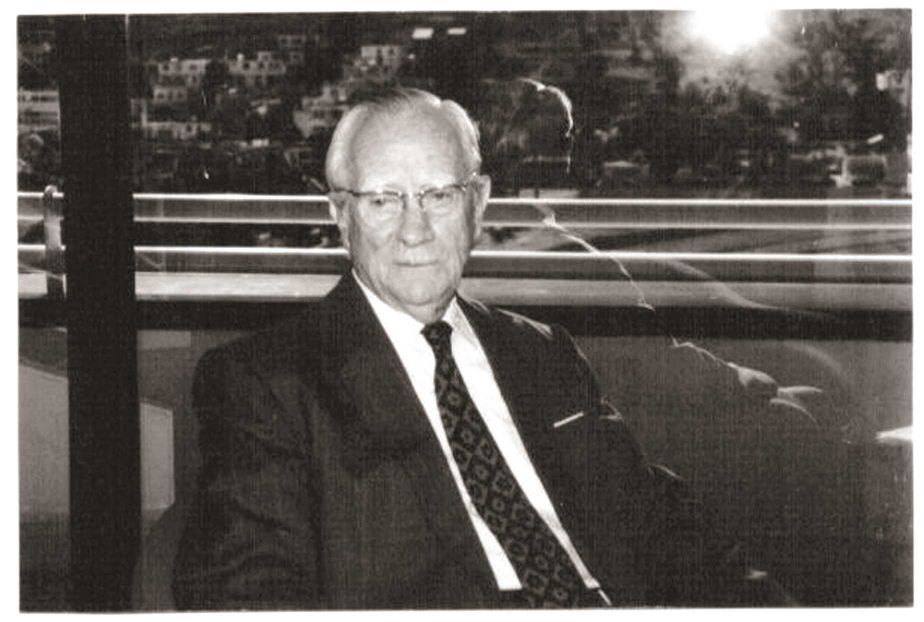
After a 17-year break, the shipping relationship between Rogers and the Grindrod group was re-established in 2011 through the acquisition of a controlling interest in Island Trading and Shipping Pte Ltd (ITAS) in Singapore, which was renamed Rogers Shipping Pte Ltd Singapore. This joint venture between Rogers and Raoul Noël, who has been involved in island bulk trades since 1989, encompasses all the group shipping activities in Mauritius and Singapore.
ITAS has an interest in Island Bulk Carriers Pte Ltd, a joint venture with Grindrod Shipping Pte Ltd of Singapore. Island Bulk Carriers operates bulk shipping services from Europe, Australia and Argentina, focusing on the transportation of grain for flour mills and feed millers in the Indian Ocean islands. For its part, Grindrod Shipping owns and/or operates a fleet of 29 bulk carriers and 26 tankers. Its vessels transport approximately 18 million tonnes of dry bulk annually and it is among the main shipping companies involved in South African exports to Europe, the USA and the Far East.
“Island View Shipping Pte Ltd, a division of Grindrod Shipping, as a global dry bulk operator, controls approximately 100 sailings into and out of Southern Africa and the Indian Ocean region annually. It is an ideal partner in developing the shipping activities of Island Bulk Carriers. They have been a partner in shipping services to the islands since 2000 when the company was formed,” says Raoul Noël. Welcoming this renewed commitment between Rogers and Grindrod to working together again, Murray Grindrod concludes, “I believe the two companies have always maintained friendly ties and new opportunities of working together will come up from time to time.”

